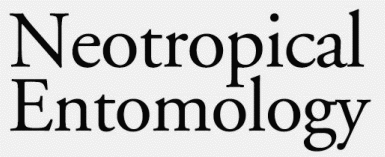Prostaglandins and related eicosanoids are oxygenated metabolites of certain C20 polyunsaturated fatty acids. Eicosanoids are best understood in the context of their clinical significance in human medicine. We suggest a new and broader view of eicosanoids, which we have been calling a 'biological paradigm'. Under this view, we note that eicosanoids were taken into roles as cellular signal moieties long before the origins of the Metazoa. During the evolutionary diversification of animals, eicosanoids have been recruited into an array of biological roles, some of which occur only in insects and other invertebrates. These multiple actions endow eicosanoids with unusual explanatory power in understanding biological phenomena. We review the roles of eicosanoids in two areas of invertebrate biology: mediation of insect immune reactions to bacteria and host-parasite interactions. Seen broadly, eicosanoids play important roles at the cellular, organismal and ecological levels of biological organization. We suggest that continued inquiry into the significance of eicosanoids will yield important new insights into insect biology.
Insect immunity; parasitology; prostaglandins



